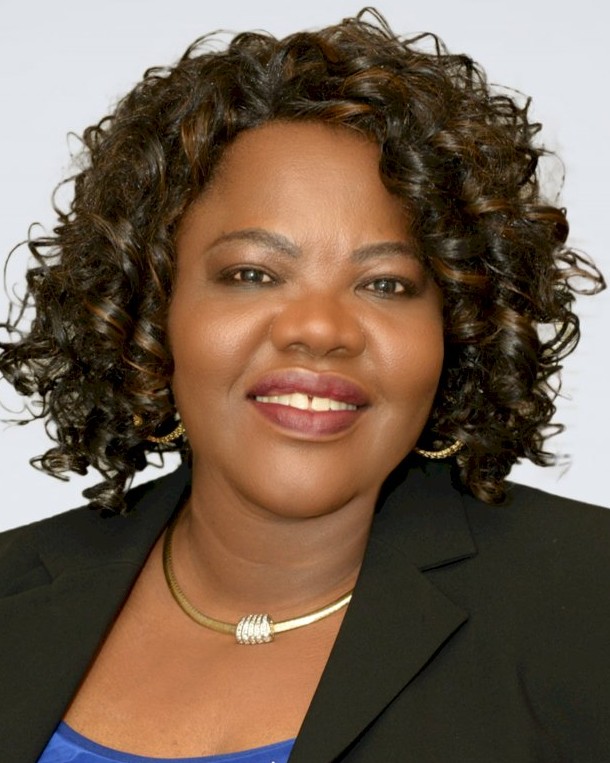Enhancing Healthcare Services for ACB Communities in Ontario
The COVID-19 ACB Providers Project (CAPP) aimed to improve healthcare for African, Caribbean, and Black (ACB) communities in Ontario. Partnering with organizations like Co-Creath and the University of Ottawa, CAPP sought to develop best practices and address racial disparities in healthcare access and outcomes.

The Client
The COVID-19 ACB Providers Project (CAPP) aimed to enhance healthcare services for African, Caribbean, and Black (ACB) communities in Ontario by developing best practices among healthcare providers.
This initiative sought to tackle the complex and systemic issues of racial disparities in healthcare access and outcomes. The project involved several key organizations, including Co-Creath, the University of Ottawa, Montfort Hospital, Unity Health (St. Michael’s Hospital), and HiFi Toronto.
The Challenge
The challenge lay in fostering effective collaboration among a diverse set of stakeholders, including policymakers, healthcare practitioners, and community members, to address entrenched systemic racism and inequality in healthcare provision.
Traditional methods of stakeholder engagement, such as structured public meetings, focus groups, and surveys, had proven inadequate. These conventional approaches often failed due to their top-down communication style, limited scope for genuine dialogue, and resistance to embracing the complexity of the issues at hand.
There was a critical need for a more innovative and inclusive approach that could not only gather insights but also build consensus and commitment to actionable solutions.

Our Approach
In response, Sayid Consulting Inc. adopted a novel facilitative approach influenced by Adam Kahane’s transformative scenarios and systemic change methodologies, as well as Reos Partners’ principles of radical collaboration. This approach marked a significant departure from traditional methods by emphasizing inclusivity, dialogue, and systemic thinking:
- Embracing Complexity
- Systemic Change Focus: By focusing on systemic change rather than symptomatic solutions, the engagement process encouraged stakeholders to identify and modify structural drivers of healthcare disparities, such as policy frameworks and institutional practices.
- Radical Collaboration for Inclusive Dialogue:
- Inclusive Facilitation: Moving away from the directive, top-down approaches of traditional methods, we employed facilitative leadership that valued all voices equally, especially prioritizing contributions from those often marginalized in policy discussions.
- Safe Spaces for Open Dialogue: We structured sessions to foster safe, respectful environments where complex and sensitive issues could be discussed openly. This approach was critical for tackling topics like systemic racism, ensuring that discussions were both honest and productive.
- Integrative Techniques:
- Consensus Workshops: Unlike traditional public consultations that often limit participant input to feedback on preformed ideas, consensus workshops allowed stakeholders to co-create and prioritize solutions. This method facilitated a deeper engagement and ownership of the outcomes.
- Action Priority Matrix: We used this tool to strategically prioritize actions based on their impact and feasibility, ensuring that the initiatives chosen were both valuable and achievable within resource constraints.
The Impact
This approach led to transformative outcomes:
- Development of Key Strategic Themes: Five strategic themes were developed, which included measures to transform health system capacities, strengthen community engagement, and improve data governance for better policy-making.
- Enhanced Stakeholder Commitment: The engagement process not only identified actionable solutions but also fostered a strong sense of ownership and commitment among the stakeholders, critical for the sustainability of the initiatives.
- Foundation for Continuous Collaboration: The project established a platform for ongoing dialogue and collaboration, setting the stage for continuous improvement and adaptation of strategies to better serve the ACB communities.
By replacing traditional engagement methods with a more dynamic and inclusive approach, Sayid Consulting Inc. facilitated a process that was better equipped to tackle the complexities of healthcare disparities, leading to meaningful ongoing change and enhanced community health outcomes.

I am speechless at Manal’s support to the team and our community. The engagements went very well and I’m feeling great about what we have achieved!
Manal did a fantastic job. I don’t even know how to thank her, but suffice it to say, I am truly grateful.
I look forward to the opportunities ahead for further collaboration to weave the fabric of a healthier and wealthier ACB communities in Ontario and beyond.
